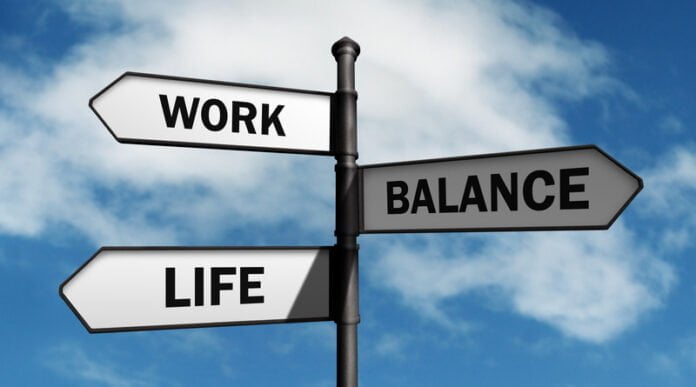Tackling Mental Health Concerns in the Construction Industry
Facing the Centers for Disease Control and Prevention’s (CDC) revelation that male construction workers have a 65% higher suicide rate than men employed in every other industry, business leaders’ worries about employee mental health are growing. Unfortunately, the recent “Mental Health and Well-being in the Construction Industry” survey from the American Psychiatric Association (APA) Foundation’s Center for Mental Health shows the willingness to discuss these matters in the workplace remains stunted.
While an overwhelming majority (93%) of respondents understand that addressing mental health at work is “sound business practice” and 77% said it was a workplace priority, a stigma among construction workers persists. For example, just 17% of respondents said workers would openly discuss mental health with supervisors, 37% believed they would not and 46% either did not know or were undecided. At the peer-to-peer level, only 18% of workers would be comfortable openly talking about mental health with coworkers, 31% wouldn’t and 51% said they were undecided or didn’t know.
Related: Laughter Provides Stress Relief
“The stark differences in the level of comfort just talking about mental health in this industry tells us that we have a ways to go in fighting stigma and giving managers the tools they need to support worker mental health,” said Darcy Gruttadaro, J.D., Director of the APAF Center for Workplace Mental Health.
Even as athletes like Olympic swimmer Michael Phelps, NFL quarterback Andrew Luck and NBA player DeMar DeRozan have gone public in attempts to overcome perceptions of weakness often ascribed to mental health issues as well as to encourage people to actively seek and ask for help, the message has yet to resonate with construction workers. According to the APA poll, respondents said that trepidation is due to four key reasons:
- Stigma and shame (cited by 78%)
- Fear of peer judgement (77%)
- Fear of negative consequences (55%)
- Not knowing how to access care (46%)
Knowledge is power, so this information will be invaluable for employers looking both to reduce suicide risk and to foster a more supportive workplace culture.
“The good news from these results is that the top-line management in construction are paying attention,” agrees Gruttadaro, “and with leaders like CFMA, Holmes Murphy and CSDZ in our corner, we will continue our work in supporting the creation of mentally healthy organizational cultures, ending stigma, and improving access to effective and timely care for mental health and substance use conditions.”
For information, resources and tools to support workforce mental health, the APA Foundation’s Center for Workplace Mental Health provides a host of helpful materials.









